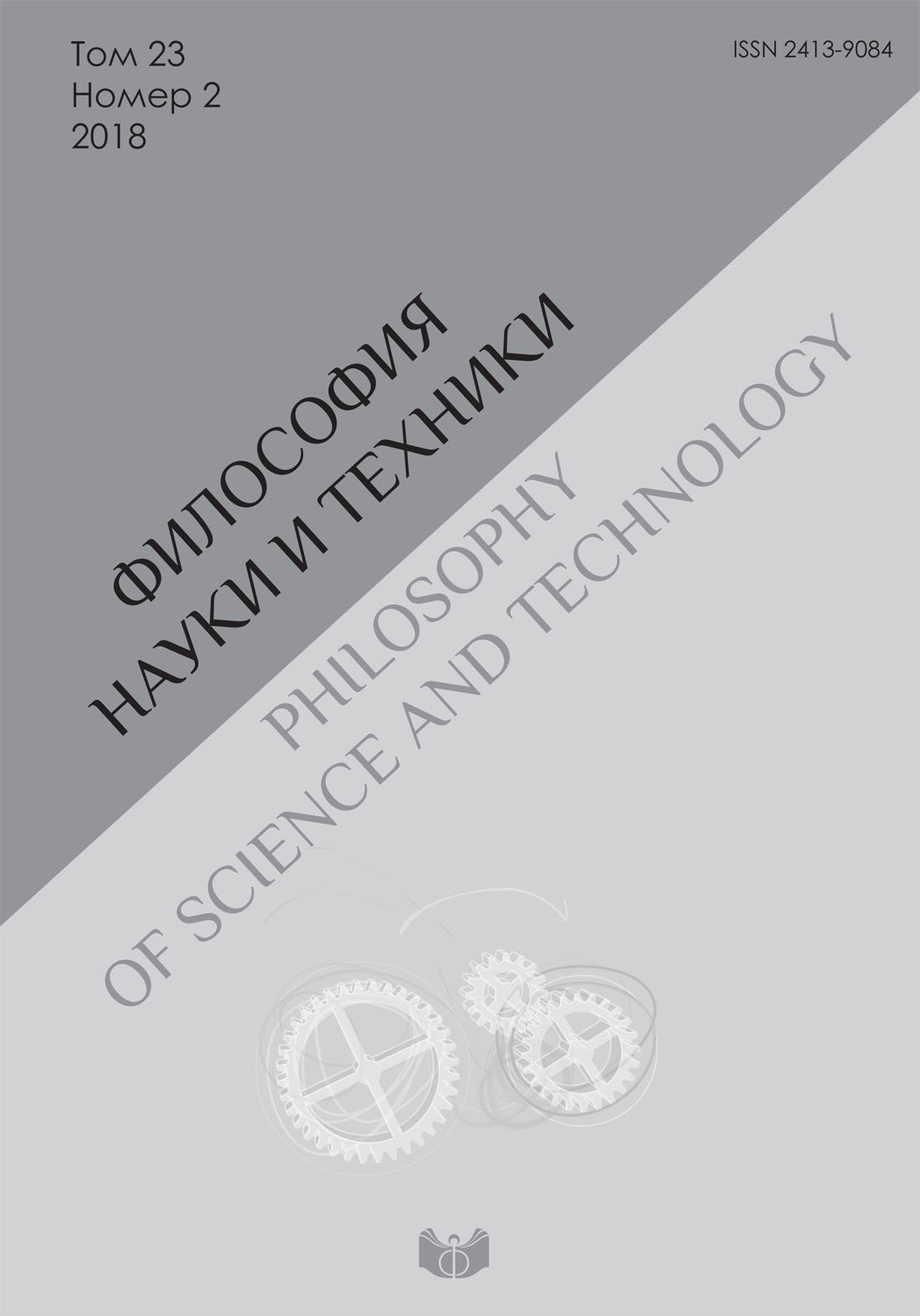Метафорические основания компьютационализма в когнитивных науках и философии сознания
DOI:
https://doi.org/10.21146/2413-9084-2018-23-2-61-72Ключевые слова:
вычислительная теория сознания, функционализм, машина Тьюринга, компьютерная метафора, теория тождества, ментализмАннотация
В статье анализируются исторические и методологические предпосылки для зарождения компьютерной метафоры в когнитивных науках и философии сознания. Подробно рассмотрены принципы метафорического переноса таких понятий, как «алгоритм», «вычисление», «детерминированность», «дискретность», «функциональность» и др. из областей знания, связанных с компьютерными науками и машинным интеллектом, в различные теоретические направления, исследующие ментальные процессы. В данной работе мы обосновываем онтологическую несовместимость принципов работы вычислительного устройства с принципами работы мозга и сознания, анализируя слабые стороны компьютерной метафоры, используемой в теориях вычислительного функционализма. Основная линия аргументов строится на нескольких основаниях: «размытая» онтология символа в абстрактных и физических вычислительных системах, проблема адресуемой памяти, проблема ментальной каузальности, физиологическая специфика мозга как информационной системы. Важное место в рассуждениях занимает переход от прямой метафоры «мозг-компьютер» к аналитической проблеме логической представимости ментальных процессов в виде вычислений. В этом случае сознание как объект представляется не в вульгарном физикалистском смысле, а как референт некого универсума рассуждений. Эти позиции укрепляются за счет абстрактной универсальной природы вычисления, понимаемого как процесс преобразования структуры входной информации в структуры выходной информации, отличные от первой. Таким образом, при всех методологических ограничениях компьютерная метафора представляет собой полезный аналитический инструмент, чем и объясняется ее популярность в когнитивных науках и философии сознания.









 Институт философии РАН
Институт философии РАН